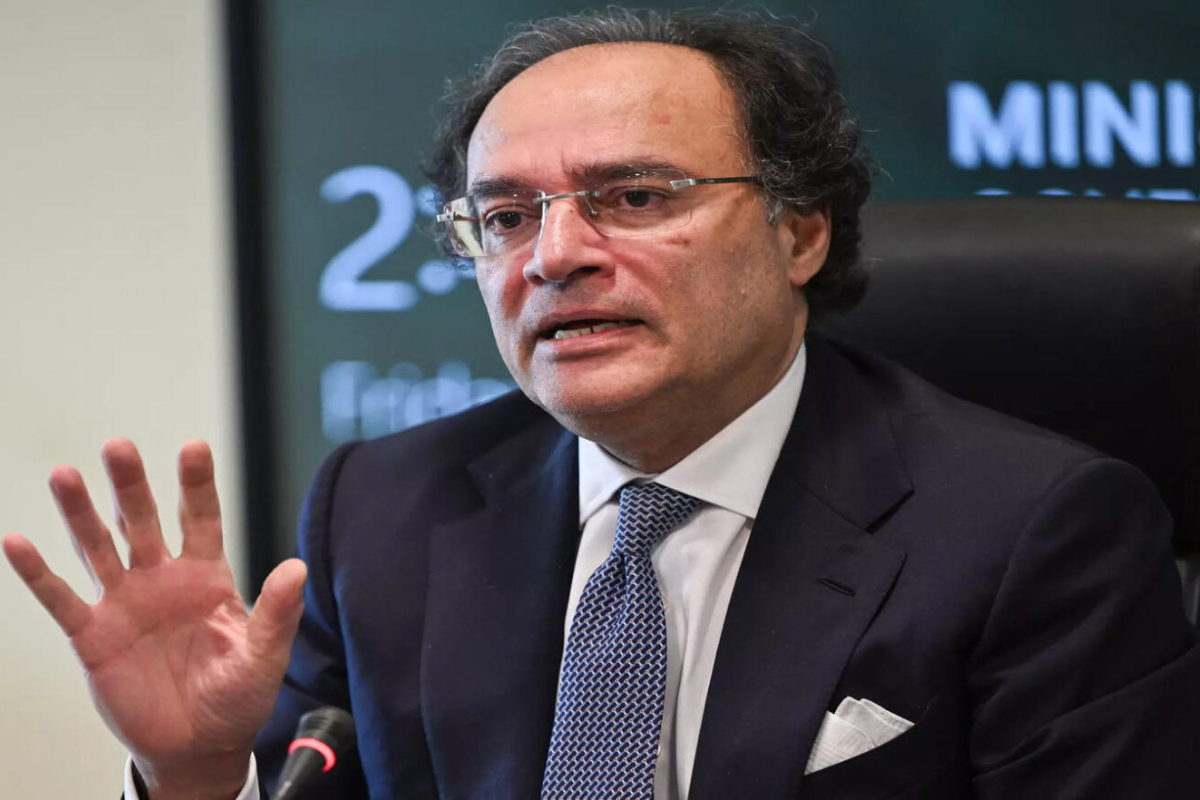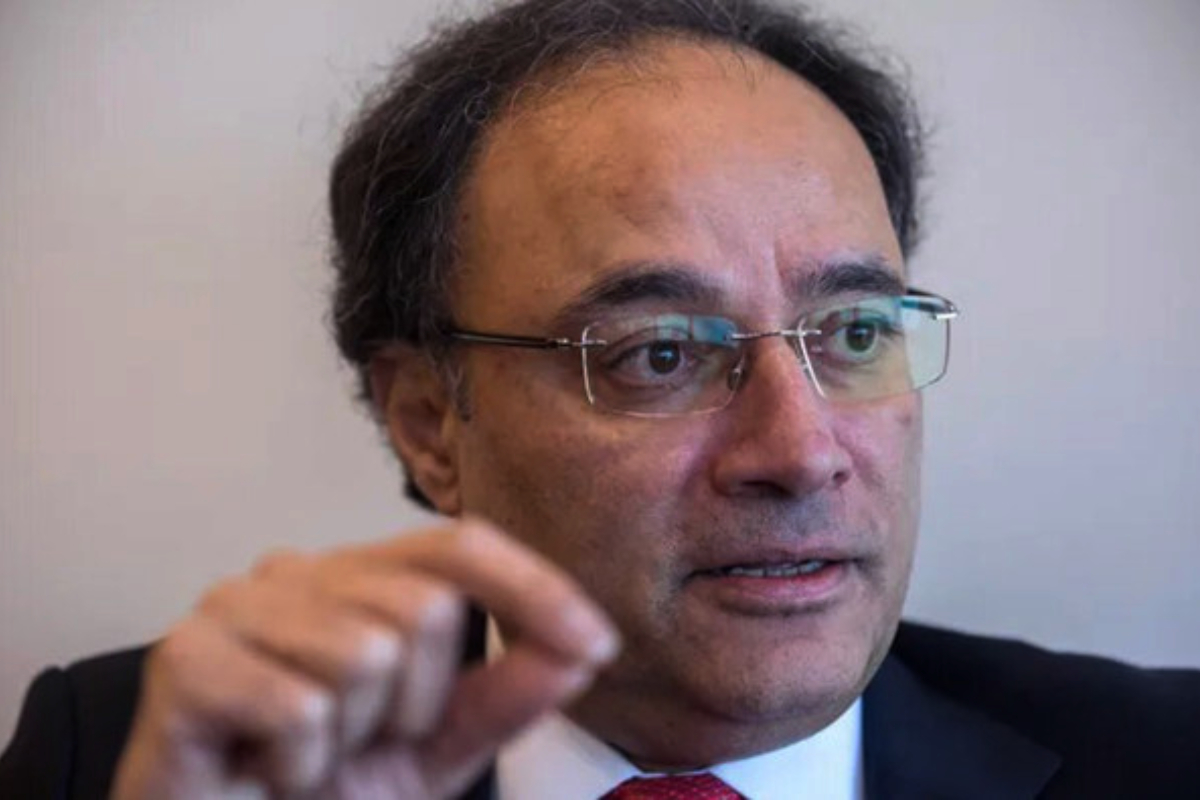WASHINGTON: As an International Monetary Fund’s (IMF) nine-month Standby Arrangement (SBA) edges towards completion, Pakistan has commenced discussions with the financial institution to secure a new deal, aimed at stabilizing the national economy.
“Pakistan expects an IMF mission to visit in May and would like to reach a staff-level agreement on its next loan by the end of June or early July,” Federal Minister for Finance and Revenue Muhammad Aurangzeb said in an interview with Bloomberg – one of the world’s leading news networks, focusing on business and capital market programming.
The interview was given on the sidelines of the IMF and World Bank 2024 Spring Meetings, taking place in Washington DC, where the minister is representing Pakistan, as head of a delegation.
Securing a new deal would help boost Pakistan’s dollar bonds and stock market, which provided investors one of the best gains globally since the nation began the current IMF loan last July.
The IMF executive board is likely to approve the final disbursement of $1.1 billion later this month under the existing $3 billion SBA loan facility.
Pakistan recently repaid a $1 billion overseas bond after it closely averted a default on its debt last year and does not anticipate any significant currency devaluation as part of its negotiations with the IMF to unlock billions of dollars in lending and bolster its economic reform agenda.
“There will be no reason for the rupee to depreciate more than the range of about 6% to 8% seen in a typical year,” the finance minister said.
While massive devaluations had accompanied some of Pakistan’s previous IMF loans and are often a condition of the crisis lender’s programs globally, nothing comparable should be necessary this time around, he said.
“I don’t see the need for any step change,” Aurangzeb said, citing solid foreign exchange reserves, a stable currency, rising remittances, and steady exports. “The only thing which can be a wild card, although in our projections, we should be OK, is the oil price.”
The finance minister said Pakistan’s newly elected government was looking to bolster industries including agriculture and information technology with support that it hoped would help push the economy’s growth above 4 percent in the coming years.
[embedpost slug=”cabinet-asks-ministry-to-meet-wheat-procurement-target”]


